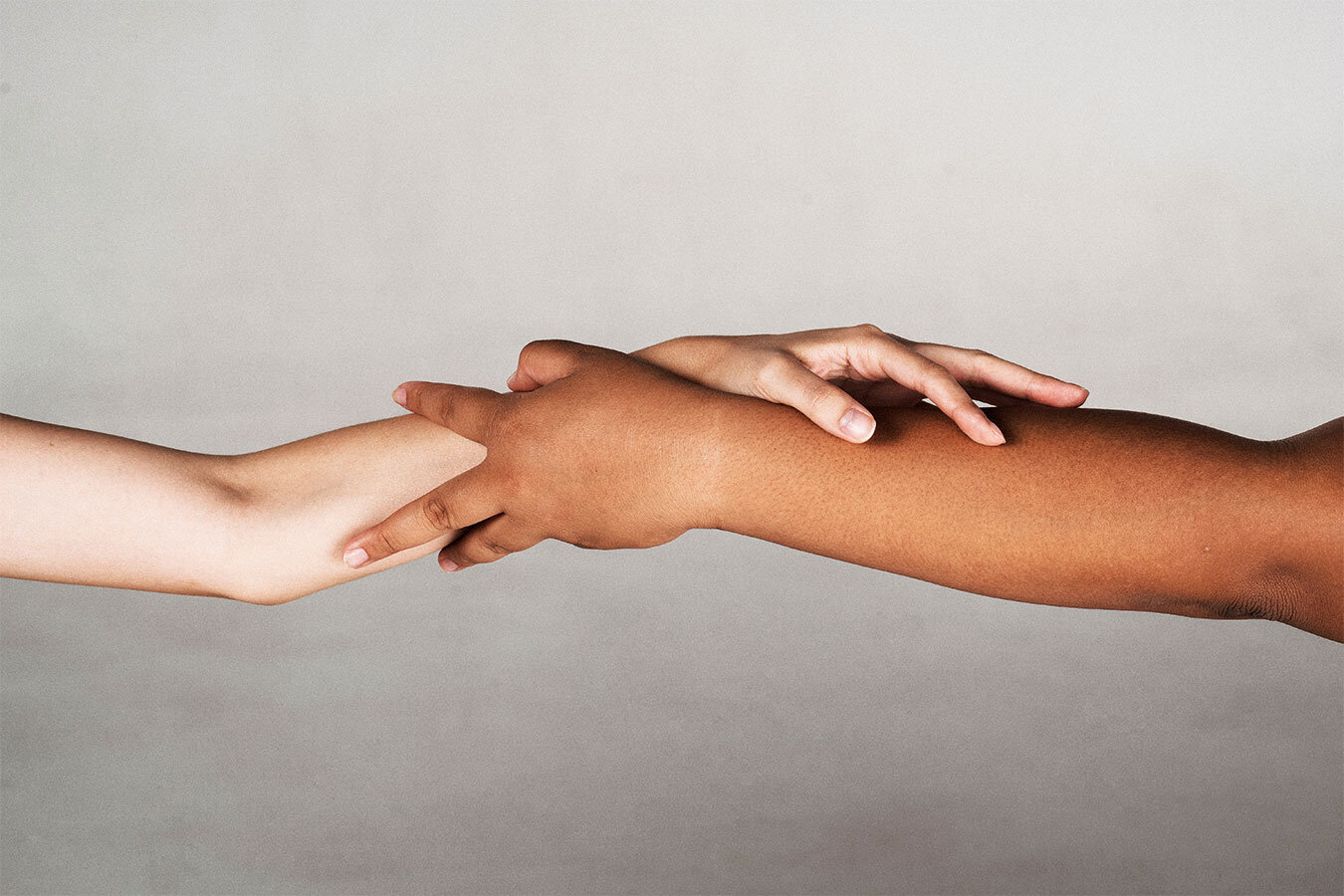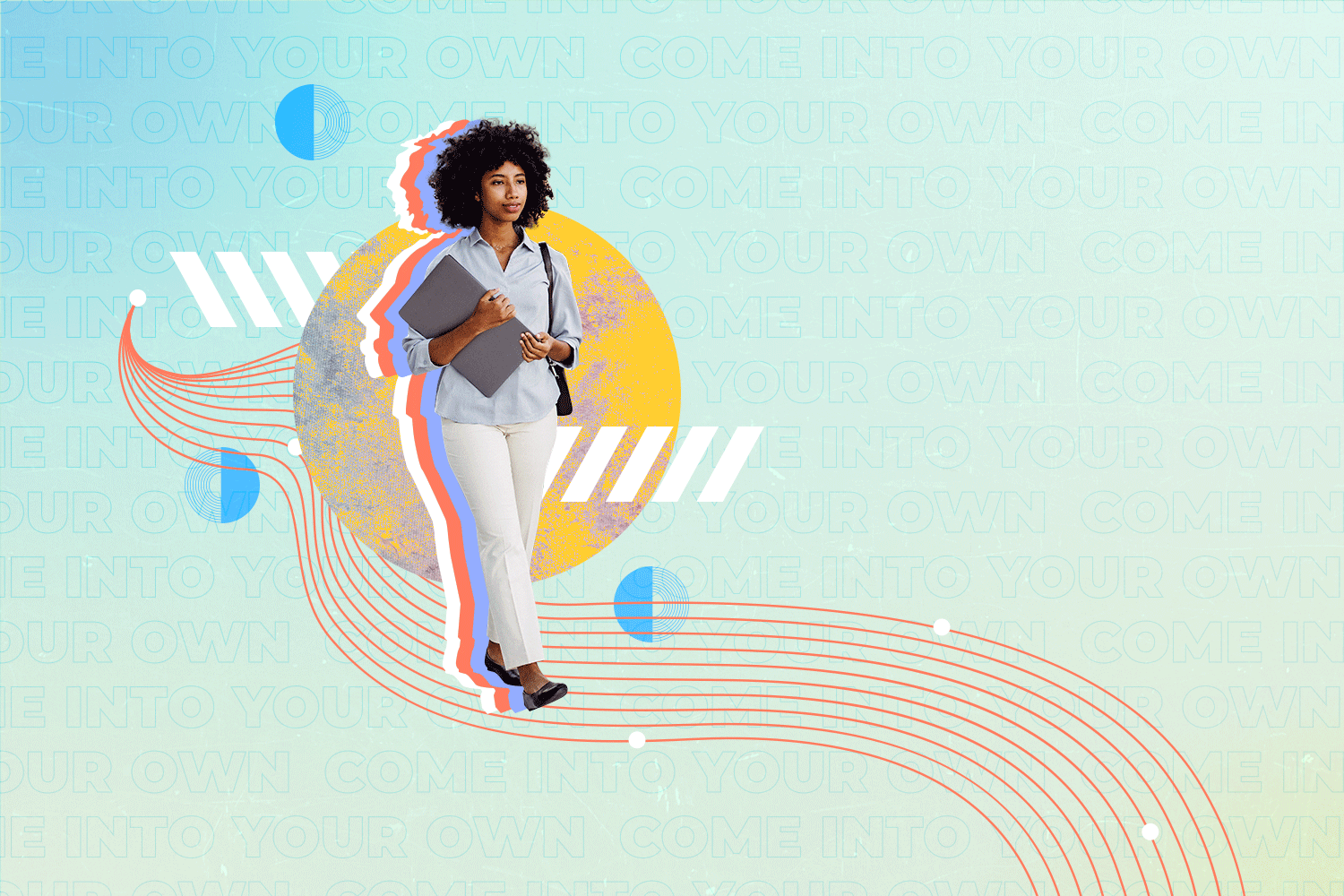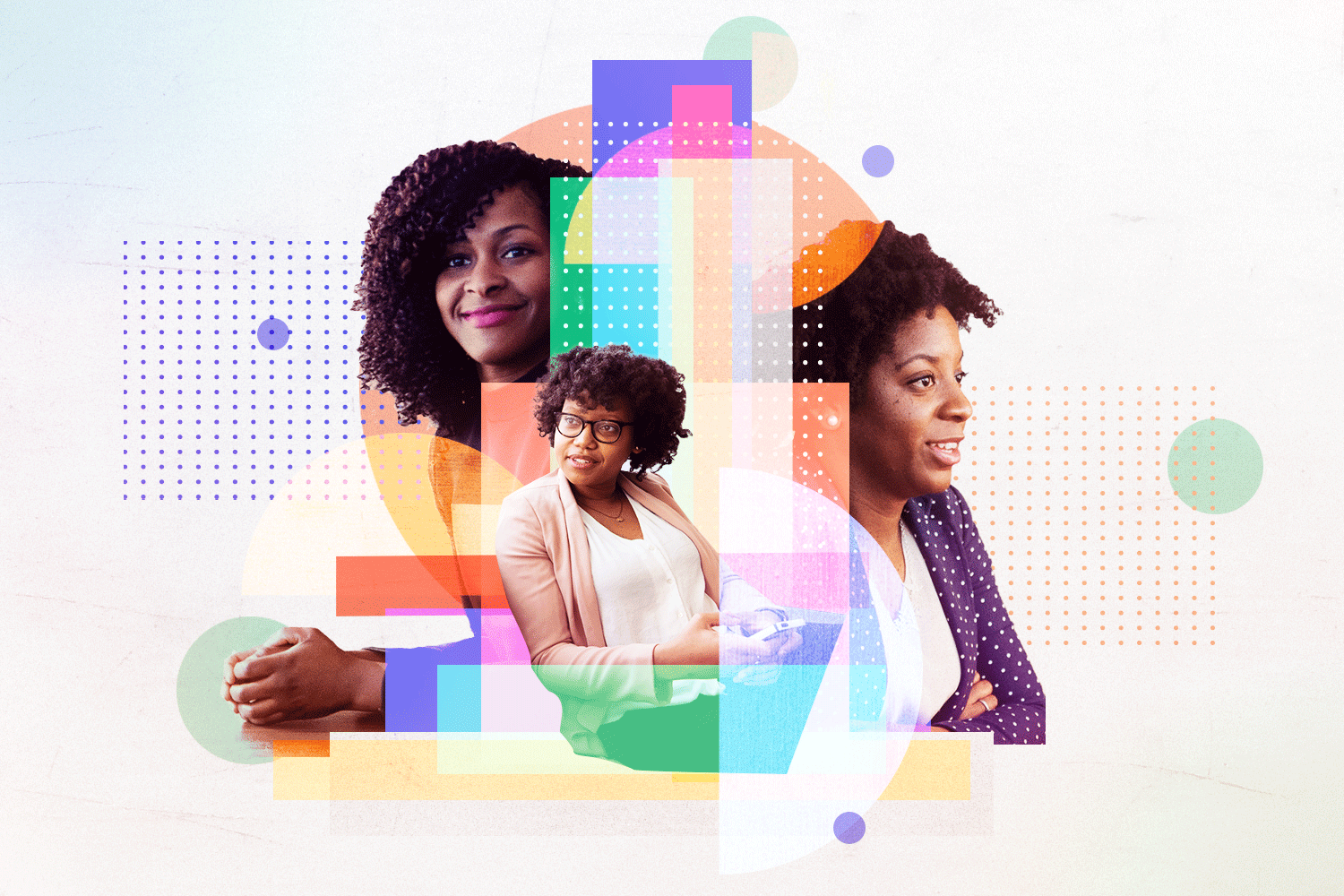Stand Together: Stop Anti-AAPI Racism and Violence
By: Mary M. Luke, Board of Directors, UN Women USA and WOC Advisory Committee Member
Vilma Kari, a 65-year-old Filipino immigrant woman, was viciously attacked in Times Square in broad daylight. The attacker kicked her in the stomach and then repeatedly stomped on her head while shouting, “You do not belong here!” This outrageous attack against an innocent and elderly Asian American woman was even more appalling because men in a nearby apartment building witnessed the attack, but did not intervene. In Indianapolis, eight people were killed at a FedEx warehouse, four of whom were Sikhs. It is time to STAND TOGETHER to stop Anti-AAPI racism and violence.
We mourn and call for justice for Daoyou Feng, Hyun Jung Grant, Suncha Kim, Paul Andre Michels, Soon Chung Park, Xiaojie Tan, Delaina Ashley Yaun, Yong Ae Yue, and their families whose lives have been devastated by a senseless act of violence. The six Asian women were immigrants who worked hard in low paying jobs so their families could have a better life. The white man who carried out the attacks at three Asian spas in Atlanta blamed “sex addiction” and his desire to “eliminate temptation.”
The failure of law enforcement to classify this act as a hate crime galvanized AAPI communities and allies across the country to mobilize and speak out in protest of this flagrant abuse of human rights. Until recently, the media has under-reported violence against AAPI communities, and the police often do not report them as hate crimes. The year-long escalation of anti-Asian hate has reached a crisis level and we must STAND TOGETHER to fight for our rights and our very lives. We call out the intersection of xenophobia, racism, and violence against women rooted in misogyny, injustice, and inequality, exacerbated by the pandemic.
The “model minority” myth overlooks the reality that Asian Americans are the most economically divided group in the US and that many AAPI families are struggling.
Long before the pandemic, AAPIs were perceived as foreigners, as not fully American. The rise in incidents of hate and violence against APPI communities has been fueled by rhetoric blaming the pandemic on “the China virus.” Over the past year, Stop AAPI Hate reported 3,795 hate incidents nationwide, victimizing women at a rate 2.3 times higher than men. In New York City alone, 33 cases of hate crimes were reported in the last three months. During one weekend in March, five incidents were reported in the New York Times, including an Asian American woman who was punched in the face while leaving a protest against anti-Asian violence.
Violence against women is widespread, affecting 1 out 3 women around the world even before COVID-19, but become so pervasive during the pandemic that UN Women has called it “The Shadow Pandemic.” BIPOC, AAPI and immigrant women are particularly vulnerable to violence because of racism, classism, misogyny and white supremacy. The myth of the “model minority” has kept AAPI immigrant women in the shadows, silenced and afraid to reach out because of shame, embarrassment, and fear of deportation.
Racism against Asian Americans and victimization of Asian women goes back generations. The Page Act of 1875 was racialized to exclude Chinese women from entering the country because they were suspected of prostitution, even though people from all racial groups have worked as prostitutes. Federal laws including the Chinese Exclusion Act of 1882 barred or restricted Chinese immigration until World War II, and Alien Land Laws prohibited Chinese and Japanese people from buying land and homes to discourage them from settling in the United States. After the attack on Pearl Harbor, 120,000 Americans of Japanese descent, most of whom were American citizens, were forcibly relocated to government internment camps, losing their jobs, homes, and possessions.
American service members posted in the Philippines, Vietnam, and Korea had a history of soliciting sex workers, thus furthering the stereotype of Asian women as hypersexual and submissive sex objects. AAPI massage workers in the U.S. are often assumed to be sex workers by customers and are under constant surveillance by the police.
We call out the intersection of xenophobia, racism, and violence against women rooted in misogyny, injustice, and inequality, exacerbated by the pandemic.
The “model minority” myth overlooks the reality that Asian Americans are the most economically divided group in the US and that many AAPI families are struggling. In New York City, 21.7% of Asian Americans in New York City live in poverty, similar to rates for Black and Latinx residents. The National Asian Pacific American Women’s Forum reports that AAPI women in some ethnic subgroups earn as little as 52 cents per dollar as compared to white men. AAPI women, who work disproportionately in service industries such as beauty salons, hospitality, and restaurants that shuttered during the pandemic, make up the highest share of long-term unemployed workers. Women who work in salons and massage businesses, like the victims of the Atlanta shooting, and domestic workers who are primarily immigrants and women of color, have lost income and their livelihoods.
AAPI women leaders have been passionately sharing their stories and the history of anti-Asian hate and violence to educate the public about how such discrimination has affected their lives. The voices of dynamic Asian American women— elected representatives, policymakers, feminists, donors, and activists— need to be amplified to build power to push effectively for racial justice and gender equality. Women of color leaders can play an important role by educating and advocating for the funding of community groups that can respond to the crisis and develop strategies to stop Anti-AAPI racism and violence.
We are heartened by the announcement of a $49.5 million grant program for AAPI survivors of domestic violence and sexual assault under the Department of Health and Human Services. There will also be a national Covid-19 Equity Task Force to address xenophobia against Asian Americans, and an initiative by the Department of Justice to address hate crimes against Asian Americans.
We need to address the root cause of systemic racism and change cultural norms and stereotypes that have denigrated AAPI and other communities for generations. AAPI leaders need to build a transformational movement and stand in solidarity with Black, Brown, Indigenous, and LGBTQ communities, as well as men and boys and all allies, to condemn racism, hate, xenophobia, and violence.
This is the moment to STAND TOGETHER to build on the groundswell for civil rights and racial justice that began over 60 years ago and was re-ignited by the deaths of George Floyd, Breonna Taylor and others. Recently, 20-year-old Daunte Wright was shot by police during a traffic stop and 16 year-old Ma’Khia Bryant was shot by police four times, even as the George Floyd verdict was being decided. Black Lives Matter— so the killings must STOP!
Let’s STAND TOGETHER to build the most powerful national and global movement that upholds the human rights of all people, regardless of race, sexual orientation, gender and gender identity, religion, age, class, or ability.
In solidarity we stand,
Mary M. Luke
Mary M. Luke, Board of Directors, UN Women USA and WOC Advisory Committee Member
Mary is a global leader in women’s empowerment and rights. With more than 35 years of senior management experience in women’s development and rights programs, she has held executive leadership positions in the US and international NGOs in women’s healthcare, opening offices in 20 countries in Asia, Africa and Latin America. Her expertise includes strategic planning, advocacy, fundraising and events. Mary co-led NGO delegations to the International Conference on Population Development in Cairo, Egypt and the Fourth World Conference on Women in Beijing, China and was part of NGO CSW/NY planning team for the NGO Forum 2020 and UN Women’s Beijing +25 celebration.
Content may not be reproduced without permission of Women of Color in Fundraising and Philanthropy.®





